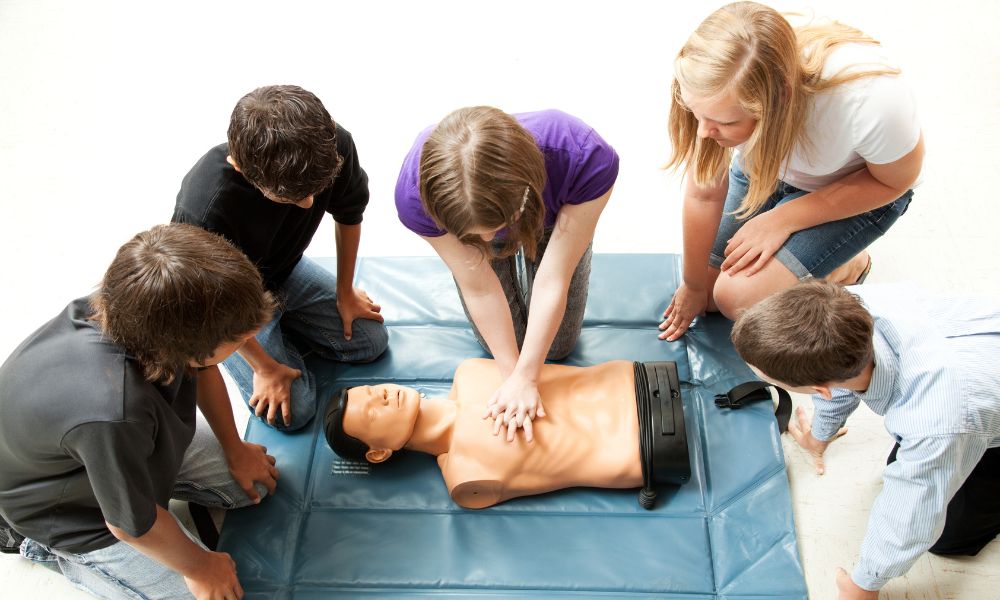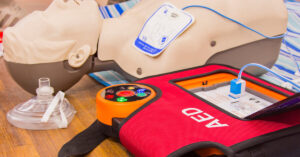The PALS certification (pediatric advanced life support) allows healthcare professionals to respond to life-threatening situations for infants and young children. Once certified, medical professionals can assist within a hospital setting, such as the emergency room, NICU, or ICU, or in any other medical situation. If you are interested in updating your PALS certification, follow along as we talk about what to do when your PALS certification has expired.
Why the PALS Certification Is Essential
As a medical professional, you are CPR certified, allowing you to resuscitate patients. PALS goes further than CPR and is specific to pediatrics. Not only do professionals learn resuscitation for infants and children, but several other pediatric care course skills as well. They include the following:
- Pediatric assessment
- Respiratory management
- Intervention for circulatory and respiratory emergencies
- Recognition of necessary preventative care
- Administration of electrical, fluid, and medication therapies
- Post-resuscitation management
- The most productive CPR
- Communication and working as a team
Finding the Right Course
The first step in recertification is finding the right course. Only choose PALS recertification courses that are AHA (American Heart Association) certified. AHA certification guarantees the information is up to date, and they teach in-person hands-on skills; many institutions will not accept a PALS certification that is earned without hands-on skills testing. Course offerings usually have two options: blended learning and classroom learning.
Blended learning involves some coursework online as well as time in the classroom for hands-on skills. Classroom study all takes place in-person. Both options work well and lead to recertification with the passing of the exam. Once completed, you are PALS certified for two years before having to recertify again.
Prepare for the Test
To prepare for PALS recertification, it’s helpful to freshen up on what you already know and become familiar with what is taught for the exam. The courses must cover the following seven concepts:
- Circulation assessment
- Breathing assessment
- Airway assessment
- Resuscitation medication
- Differential diagnosis
- The management of cardiac arrest and respiratory issues
- Post-care of the patient
If possible, review and study these areas before beginning the recertification course.
Take the Test
After studying and going through the coursework, it’s time to test what you know. The entire study and exam take about 12 to 16 hours, which you will likely complete in two to four days, depending on the method. Often, you’ll know immediately if you’ve passed, and you will then receive your AHA PALS certification provider card.
The medical field is fast-paced and ever-changing. Understanding what to do when your PALS certification expires is an essential step in staying on top of the best practices for patients.







